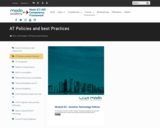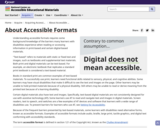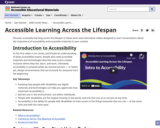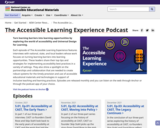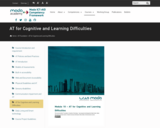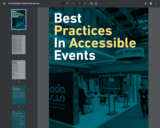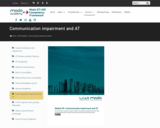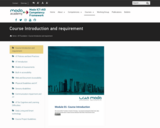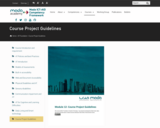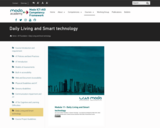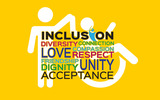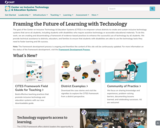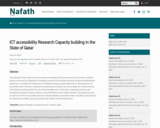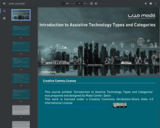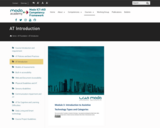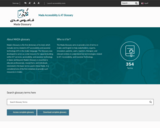Understanding accessible formats requires some background knowledge of the barriers many learners with disabilities experience when reading or accessing information in print-based and certain digital-based materials.
"Text-based" refers to materials with static or fixed text and images, such as textbooks and supplemental text materials. Both print and digital materials can be text-based. For example, an electronic textbook that replicates a standard print textbook is considered a text-based material.
Books in standard print are common examples of text-based materials. To successfully use print, learners need functional skills related to sensory, physical, and cognitive abilities. Some learners may have visual disabilities that make it difficult to see the text and images on the page. Other learners may be unable to hold printed materials because of a physical disability. Still others may be unable to read or derive meaning from the printed text because of a learning disability.
Certain digital materials also have text and images. Specifically, text-based digital materials are not consistently designed for use with assistive technology (AT). Some learners use AT to read and navigate text and images in digital materials. Screen readers, text to speech, and switches are a few examples of AT devices and software that learners with a wide range of disabilities use. To prevent barriers for learners who use AT, see Vetting for Accessibility.
Because of the frequent barriers presented by text-based materials, some learners with disabilities need alternative forms, known as accessible formats. Examples of accessible formats include audio, braille, large print, tactile graphics, and digital text conforming with accessibility standards.
The term accessible format is defined in section 121 of the Copyright Act, known as the Chafee Amendment:
